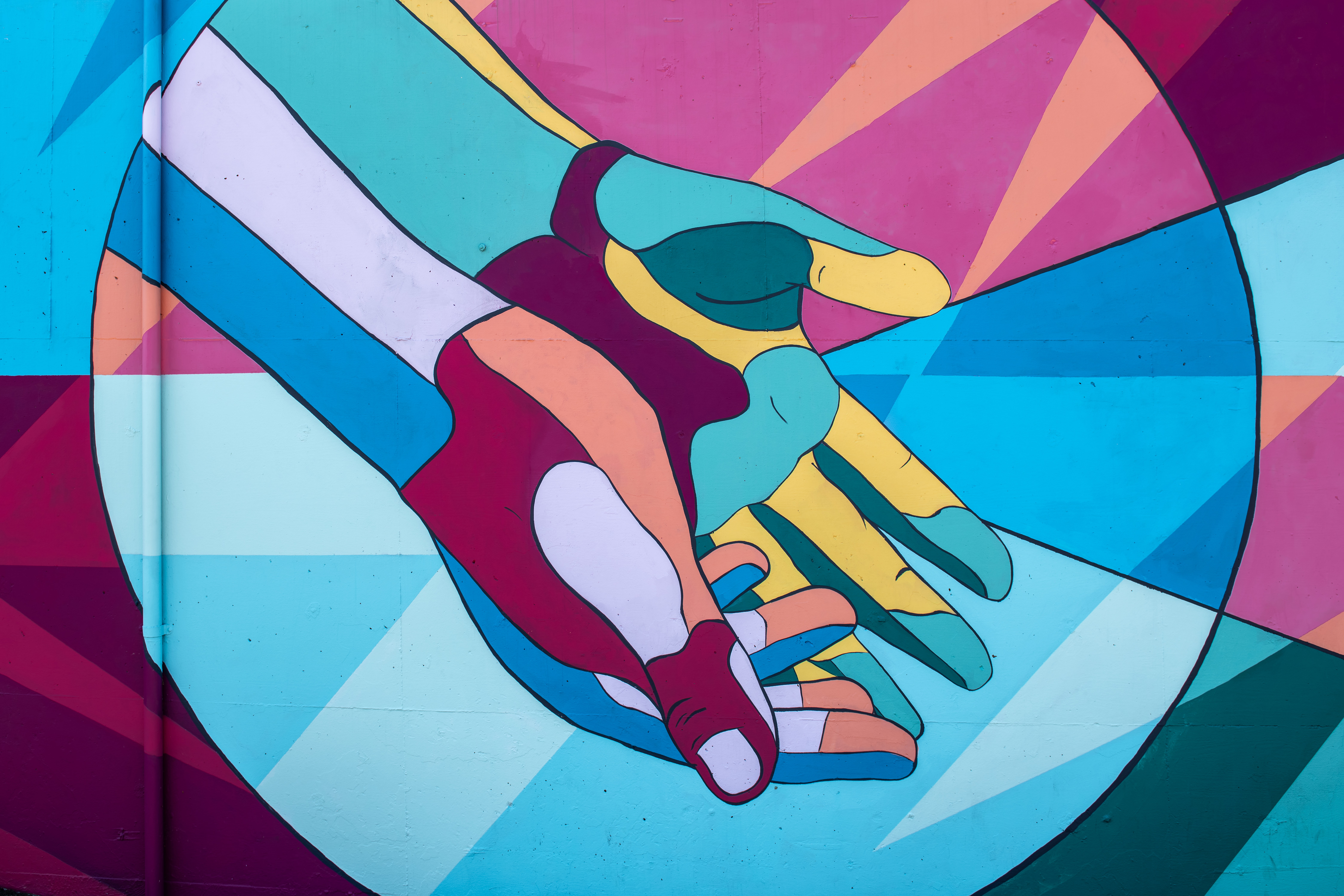The next morning, I put my affairs in order by frantically calling everybody. My phone was taken away from me because I couldn’t put it down. I was sure to pack the essentials, including my trusty Minnesota-shaped cribbage board and my journal. I entered the hospital with a mindset that I had the ability to conquer all. I was full of energy, talked to anyone that would listen, and explained to everyone all my big ideas about how I could fix the world. Writing in my journal became my method for unleashing the constant stream of ideas. Without my journal, I do not know how I would have gotten through this grueling 17-day experience.
This hospital stay for my manic episode lasted 15 days longer than I was hoping for. I thought I would get my meds sorted out, catch up on sleep, do some arts and crafts, and be on my way. After a couple of days on the step-down unit, the staff realized that I needed more help. I was not improving even with a heavy increase in my medication. I was put into the acute care lockdown unit, which is like a prison. The main activities on this side of the floor include coloring, doing puzzles, and watching TV. You don’t get to be involved with group sessions. When it came to keeping myself busy, I also took to the old school phone we had on the unit. In my state of mania, I called everybody, tracked down phone numbers from staff members, and had a stint of repeatedly calling 911. I was in a very dark place for a while, but eventually, I was considered well enough to move back to the step-down unit. I couldn’t tell you which day this happened since this stage is a blur to me. But I survived the acute unit.
***
My struggle with Bipolar Disorder 1 goes all the way back to 2008 when I had my first manic episode. From 2009 to 2017, I was managing my symptoms well. I was on the same medication, saw my doctor every six months, and led a fairly simple life. I graduated from college and got a job in IT sales.
Fast forward to 2017, my meds were switched around and my mood declined fast when life got complicated. My new job allowed me to work from home and it led to isolation. I fell into a deep depression—I was suicidal, hadn’t slept in days, and was in a constant state of anxiety about losing my job. I hadn’t talked to anyone about my depression—I kept everything in because I was afraid of going back to the hospital. At 3 AM, I turned over to my wife and spilled the beans that I was having suicidal thoughts and hadn’t been sleeping. The only way that I knew how to get help was to go to the hospital. I hadn’t thought to seek help from anyone. I ended up going to the hospital and I was hospitalized for four days. My medications were increased and new medications were added to the cocktail, including two for sleep. Unfortunately, I left the hospital worse than I was when I got there. I just needed to get out.
After my first day of outpatient therapy, I was in the waiting room to meet with my doctor when I got a call from my sales director and HR contact. My worst fear had come true, they were calling to inform me that my job for 2018 was being eliminated. I would have to interview for another position after finishing up FMLA (Family and Medical Leave) and my outpatient therapy program. I was very lucky that things fell into place because I got a job with the same company the following year.
***
During my 17-day hospital stay in 2019, I played cribbage every day. Cribbage became a go-to distraction from the monotony of the hospital and was a way to spend time with family members that came to see me. Cribbage has played a big part in my life since I learned to play when I was eight. I regularly played with friends and family growing up. When I got my first home, my housewarming present to my wife was the Minnesota-shaped board I brought to the hospital. We even had boards as our wedding gifts for guests to take home.






